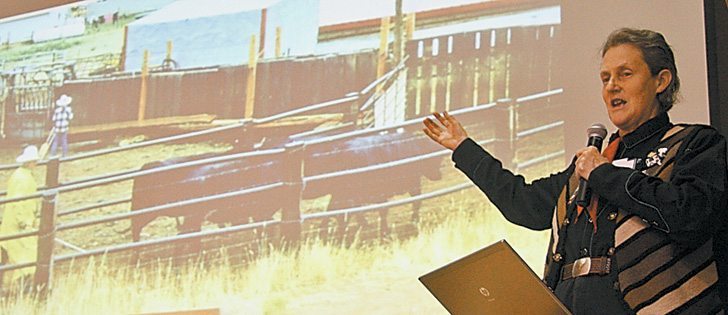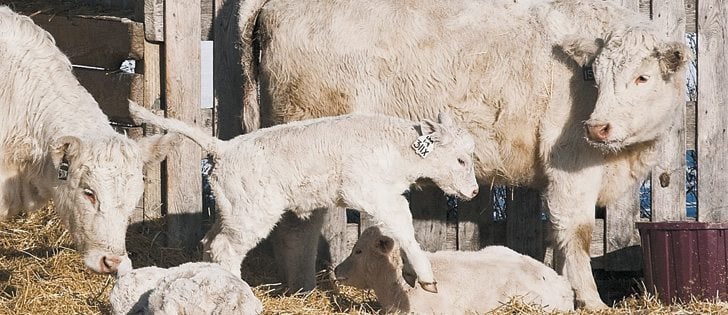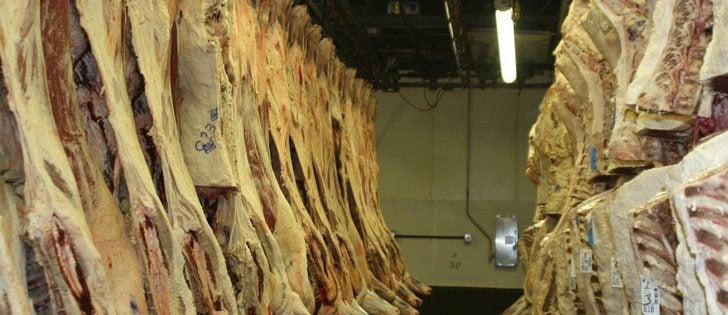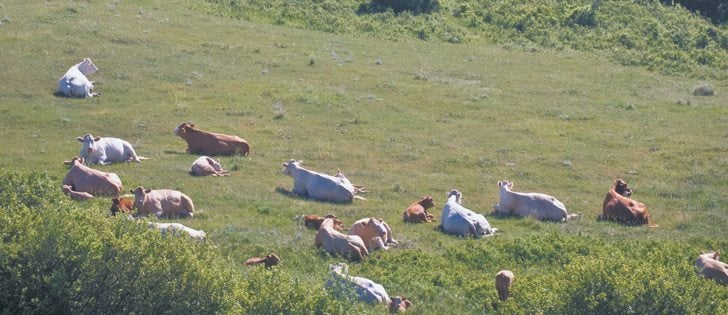Agricultural research is like the proverbial tree falling in the forest: if producers don’t hear about the latest science or don’t apply it on their farms, does it really matter?
The Canadian Cattlemen’s Association has attempted to solve this problem by launching an extension initiative that bridges the gap be-tween scientific research and beef cattle production.
The Beef Cattle Research Council, an arm of the CCA that allocates research funding from the national check-off program, has hired a beef extension co-ordinator to consolidate and disseminate research information, said CCA research manager Andrea Brocklebank.
Read Also
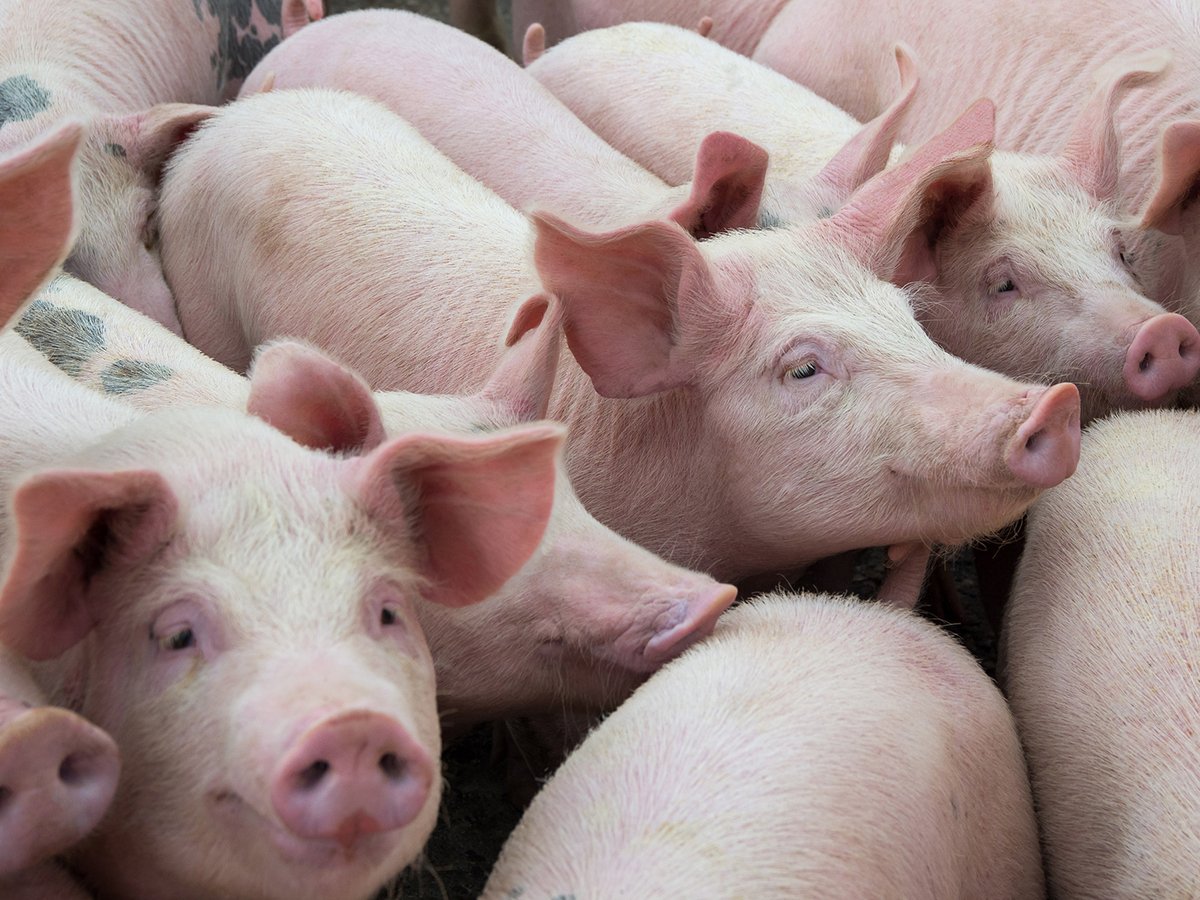
Quebec pork company calls for transparency around gene-edited pigs
Quebec-based pork company duBreton is calling for transparency around meats from gene-edited pigs on concerns that a lack of mandatory labelling will confuse consumers, and dilute certification claims. The organic sector is also calling for labelling rules.
“We want to ensure that the re-search we fund and beyond, the research from other funders, is getting out to producers.”
Brocklebank said the CCA joined forces with Agriculture Canada several years ago to form a beef science research cluster. The idea was to direct industry and government funds toward co-ordinated research in the beef sector on topics such as feed efficiency, beef quality and food safety.
“It was really positive in that we started seeing research that wasn’t just one project, but an entire suite of programs aligned with industry priorities,” she said.
The science clusters have been successful, but research alone won’t improve the competitiveness of Canada’s beef industry if producers don’t act on the science.
Hiring beef cattle extension specialists is one way to promote research, but Brocklebank said the option isn’t financially viable.
“Previously, extension was about going to different farms, but that’s not feasible in the current funding dynamic,” she said.
“As well, farmers are looking at different ways to do things. So a lot of focus is on social media and web based things.”
Instead of extension reps, the CCA has hired its former communications co-ordinator, Tracy Sakatch, to become the research council’s beef extension co-ordinator.
Sakatch will start her new job by assembling beef research on the council’s website and presenting it in a clear and comprehensive manner.
For example, there has been a great deal of research recently on distillers grain, Brocklebank said. So instead of producers sifting through 40 scientific papers on the topic, they can visit one website to access the relevant information and related links.
“A lot of times there is extension out there, but it’s just not all in one single place,” she said.
Making council research available to beef producers is a priority, but the council also wants to assimilate extension information from other organizations and agencies. Sakatch will work with provincial beef production specialists in an effort to share information across borders.
“There is, say, very good forage work in Manitoba … but there is also really good work going on in Alberta. So the sharing and application of both is pretty important,” Brocklebank said. “Trying to encourage uptake of information, across provinces, is one of our goals.”
She said the research council also wants producers to have more information on feed efficiency.
“One of the biggest top-of-mind issues right now is around feed efficiency and forage production, due to high feed costs and trying to manage those margins.”






